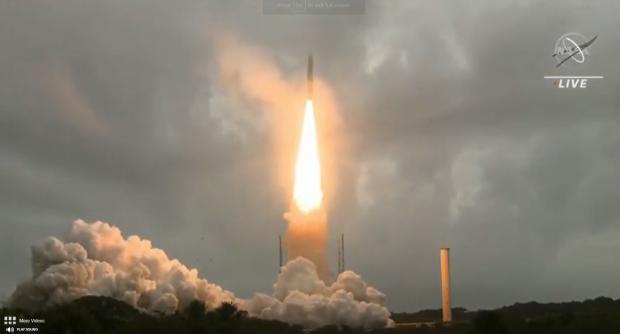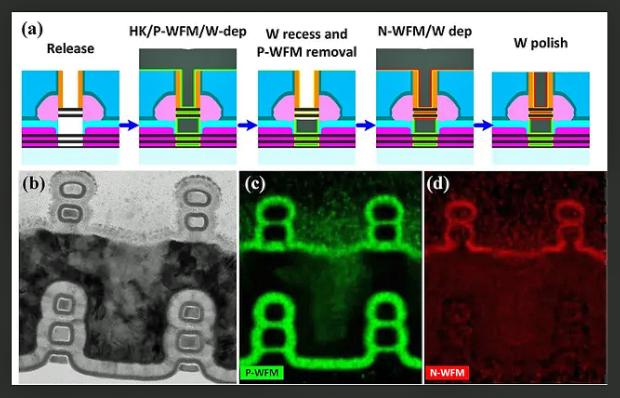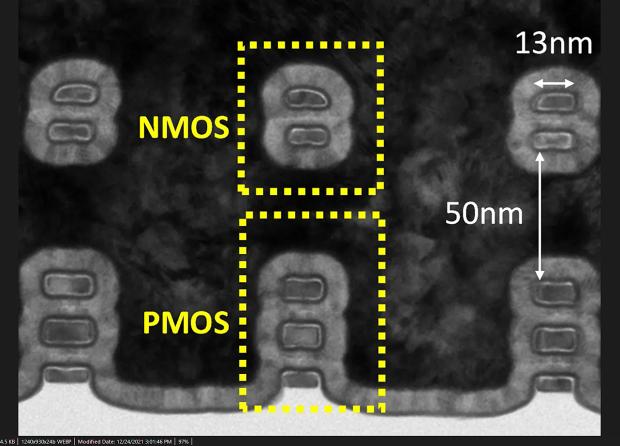Year-End IEEE Tech Alert: Moore’s Law Still Reigns




On Christmas Day, and a week before we begin a new year, it seems fitting to take a brief moment to celebrate the continued growth of technology, the STEM education it is grounded in, and the many gifts technological progress has provided humanity. A prime example: Today, the James Webb telescope successfully launched into space. It will see back 13.8 billion years and change our understanding of the universe and its history—truly a Christmas Gift to all of mankind.
Moore’s Law loosely defined asserts that the size of computing devices and their cost will drop by half about every 18 months, and a corollary we have witnessed is that the speed and efficiency of computers will approximately double in that 18 month to two-year timeframe. Wikipedia offers: “Moore's law is the observation that the number of transistors in a dense integrated circuit doubles about every two years. Moore's law is an observation and projection of a historical trend. Rather than a law of physics, it is an empirical relationship linked to gains from experience in production.”
The Institute of Electrical and Electronics Engineers (IEEE) weighed in recently on “The Year in Moore’s Law”. As many who follow our news will know, the IEEE is a professional association for electronic engineering and electrical engineering headquartered in New York City. IEEE is the world’s largest technical professional organization dedicated to advancing technology for the benefit of humanity, and it publishes the Spektrum newsletter. In a Spektrum Tech Alert, IEEE noted 10 articles on nanotechnology that were among the past year's most-read Spectrum articles in this general topic area. One noted that Intel’s new “Stacked Nanosheet Transistors” could be the next step in Moore’s Law as it will boost chip density. There are any number of other nanotechnology advances discussed in the IEEE Tech Alert. Images of the James Webb Telescope launch, stacked nanosheet transistors and Gordon Moore courtesy of NASA, Intel and Wikipedia. We at NREF wish all Happy Holidays and a Joyous New Year!
